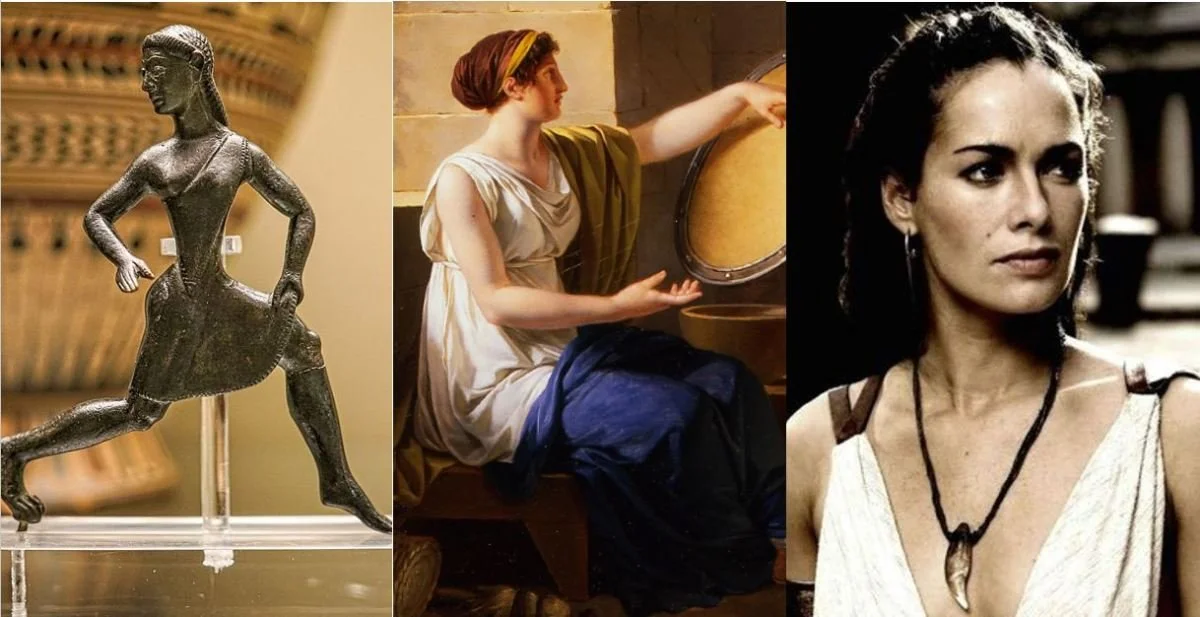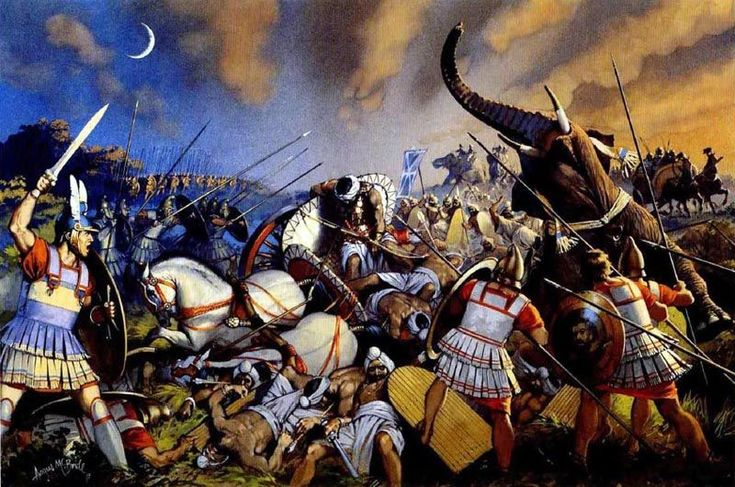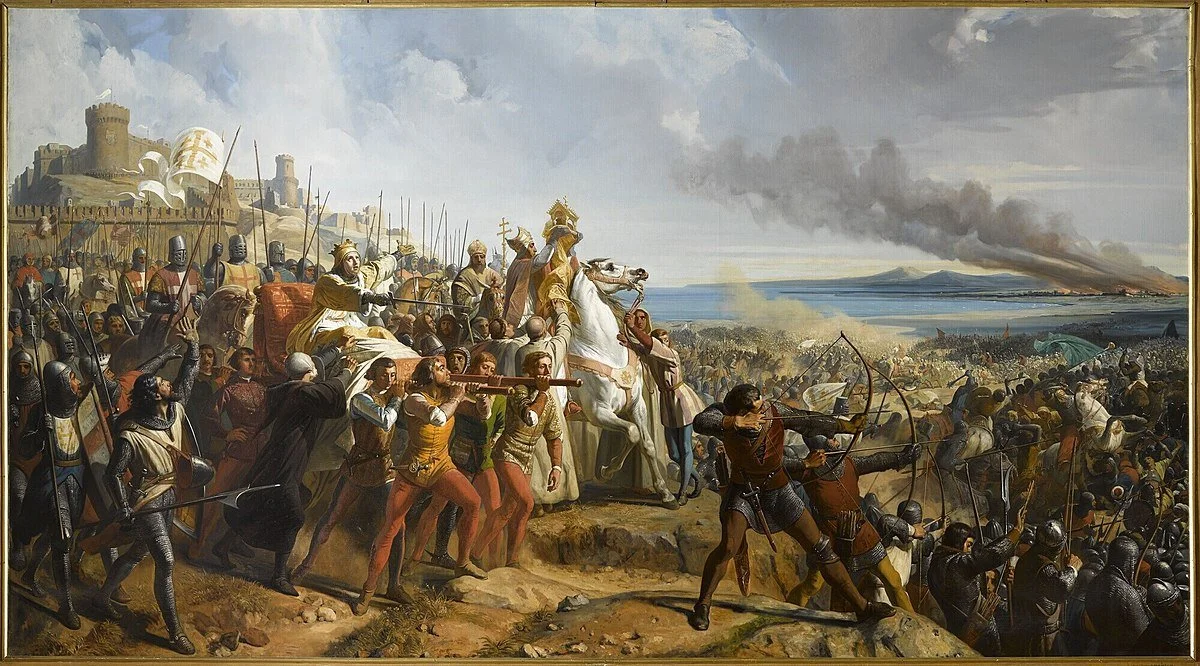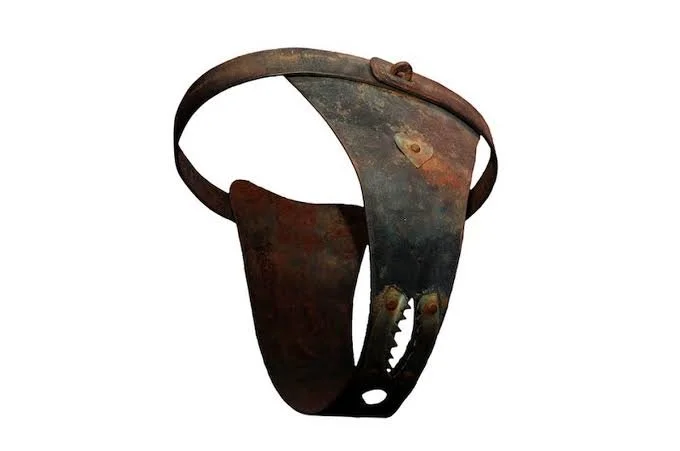BY THE ARCHAEOLOGIST EDITOR GROUP
Beyond the Acropolis: Warriors, Games, and City-States, The Many Faces of Violence in Ancient Greece
Ancient Greece, often celebrated for its philosophical inquiries, stunning architecture, and being the birthplace of democracy, was also a society rife with violence. Violence permeated numerous aspects of Greek life, from the intimate arenas of domestic spaces to the broad theaters of war and athletic competition. This article will delve into various facets of violence in Ancient Greece, aiming to provide a holistic view of its cultural, social, and political implications.
Warfare and Militarization
Greek history is punctuated by a series of conflicts, both internal and external. The two most prominent wars were the Persian Wars (500–449 BCE) and the Peloponnesian War (431–404 BCE). In these wars, city-states like Athens, Sparta, and others clashed, and they fought for dominance, resources, or ideological reasons.
Hoplite Warfare: The mainstay of Greek armies was the hoplite, heavily armored infantry soldiers. They fought in phalanxes, tight formations that presented a wall of shields and spears. The intense, face-to-face nature of this form of warfare meant a brutal and close-quarters style of combat.
Siege Warfare: Siege warfare became increasingly common, especially during the Peloponnesian War. Cities would be surrounded, starved out, and sometimes subjected to treachery or direct assault.
Naval Combat: Especially significant for maritime powers like Athens, naval warfare in the form of trireme battles became central during various wars.
Athletic Violence
The Ancient Greeks took their sports seriously, and many of their most famous games involved intense physical violence.
Pankration: An ancient martial art combining wrestling and boxing. It was a no-holds-barred combat sport with very few rules. Strikes, joint locks, and chokes were all legal.
Boxing: Ancient Greek boxing was brutal. Contestants wrapped their hands in leather straps, sometimes with metal inserts, leading to bloody and, at times, deadly contests.
Domestic Violence
While most of our sources from Ancient Greece come from male authors writing about public affairs, there are still hints and evidence of domestic violence. Wives, children, and slaves were often at the mercy of the male head of the household. Plays, poems, and legal texts occasionally refer to physical punishments and abuses.
Social and Institutionalized violence
Slavery: Slavery was deeply entrenched in Greek society. Slaves, often captured in wars or bought, were at the whims of their masters. They faced physical punishment, sexual exploitation, and grueling labor.
Ritual Violence: Some ancient rituals involved violent aspects, such as animal (and occasionally human) sacrifices. The pharmakos ritual in some cities involved expelling or even killing a human scapegoat during times of crisis.
The Ideological Perspective
Greek literature and philosophy were not oblivious to the pervasive violence. Tragedies by playwrights like Aeschylus, Sophocles, and Euripides often revolved around violent themes, exploring the consequences of vengeance, war, and human hubris.
Philosophers like Plato and Aristotle also discussed the nature of violence, warfare, and the ideal state. They grappled with the balance between ideal and reality and the place of violence in the polis (city-state).
While Ancient Greece is remembered for its unparalleled contributions to the arts, sciences, and politics, it was a society deeply familiar with violence. This duality serves as a reminder of the multifaceted nature of civilizations and the complex interplay of culture, ideology, and societal norms. By understanding the violence of Ancient Greece, we can better appreciate the nuanced tapestry of its history and legacy.
REFERENCES
Pritchett, W. Kendrick, "The Greek State at War" (in multiple volumes)
Hanson, Victor Davis. "The Western Way of War: Infantry Battle in Classical Greece."
Kagan, Donald. "The Peloponnesian War."
Lendon, J.E., "Soldiers and Ghosts: A History of Battle in Classical Antiquity."






